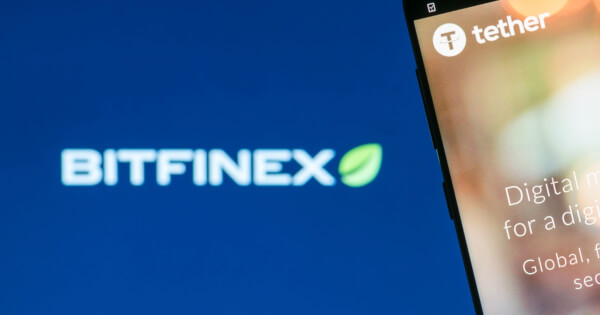BitVMX Upgrade to Enhance Bitcoin’s Smart Contract Capabilities

Rongchai Wang
Apr 11, 2025 20:46
BitVMX represents a significant upgrade to Bitcoin’s smart contract abilities, enabling general-purpose computation and supporting advanced applications without altering the consensus protocol.
BitVMX is poised to revolutionize Bitcoin’s capabilities by introducing general-purpose computation on its base layer, without necessitating any changes to the consensus protocol. As reported by blog.bitfinex.com, BitVMX builds on the original BitVM concept, introducing a virtual CPU model that can execute and verify complex programs, including zero-knowledge proofs, through an optimistic verification method.
What Can BitVMX Add to Bitcoin’s Smart Contract Ecosystem?
The BitVMX upgrade for the Rootstock Bitcoin sidechain marks a significant step forward in enhancing Bitcoin’s programmability. By enabling the execution and verification of complex computations like zero-knowledge SNARK proofs, BitVMX facilitates a more advanced blockchain application environment. The upgrade utilizes a virtual CPU model that supports general-purpose computation through architectures like RISC-V. This approach allows computations to be challenged only when necessary, minimizing the on-chain load and enhancing scalability without risking Bitcoin’s base layer.
BitVMX’s challenge-response protocol uses hash chains to validate execution traces, simplifying the verification process and reducing computational overhead. This innovation makes it feasible to build rollups and sidechains on Bitcoin, with message linking using one-time signature schemes ensuring state preservation across transactions. This design enables the creation of Bitcoin-based systems with flexibility akin to Ethereum, without altering Bitcoin’s scripting language.
How Does BitVMX Work Under the Hood?
Operating as a virtual computing environment, BitVMX allows the execution and verification of complex programs on Bitcoin’s base layer using an optimistic verification model. It simulates general-purpose CPU architectures by encoding processor behavior in Bitcoin’s existing scripting language, maintaining compatibility with the network. Instead of running computations on-chain, BitVMX assumes their validity unless challenged, using an interactive challenge-response protocol to verify disputed computations.
The challenge-response mechanism is central to BitVMX’s efficiency and security. It verifies computations through a hash chain, identifying errors via binary search and executing specific steps on-chain if challenged. This reduces storage and processing demands on the blockchain, preserving Bitcoin’s security assumptions.
What Kind of Additional Programmability or Capabilities Can BitVMX Users Expect?
BitVMX expands Bitcoin’s programmability by enabling smart contract-like functionality without altering core consensus rules. This allows for the verification of zero-knowledge proofs directly on Bitcoin, enhancing privacy-preserving applications and trust-minimized systems. Developers can compile ZK proof verifiers into BitVMX-compatible code for on-chain verification, significantly expanding the potential for privacy tools and scalable rollups.
Additionally, BitVMX enables the creation of decentralized bridges and sidechain communication mechanisms. Rootstock plans to develop the “Union Bridge” using BitVMX to create a trust-minimized bridge between Bitcoin and the Rootstock sidechain. This facilitates seamless asset transfers and multi-chain applications while preserving Bitcoin’s decentralization.
Overall, BitVMX transforms Bitcoin from sound money into a broader computational substrate, encouraging an ecosystem of experimentation and specialization. Its modular architecture supports a wide array of advanced DApps, from complex financial contracts to decentralized oracles, while maintaining Bitcoin’s unique security model.
Image source: Shutterstock



